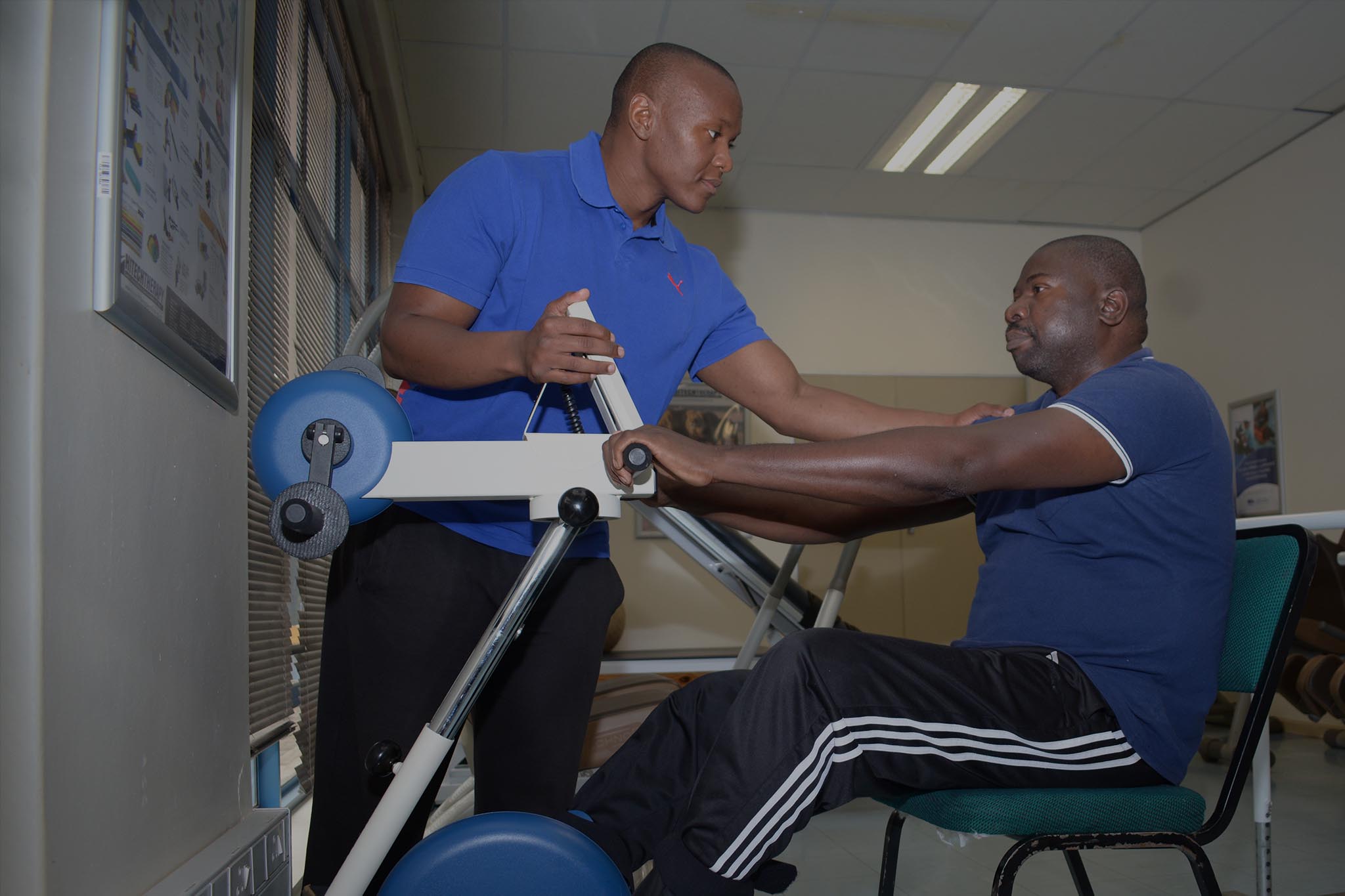
Physiotherapy Can Outperform Painkillers for Treating Back and Neck Pain
All too often, when we experience persistent physical discomfort, we are inclined to respond by settling for alleviating the symptoms rather than addressing their root cause. Such is the role of the humble aspirin and its many subsequent derivatives, as well as more powerful analogues that we hasten to purchase directly over the counter or on prescription. In many cases, a manual massage or the application of warmth could be just as effective, if not more so, in providing relief from back and neck pain whilst actually remedying the problem at source, thus preventing its recurrence and eliminating the need for the continued use of pain relief and risking its possible side-effects.
If you were to visit the average general practitioner, complaining of these symptoms, it is more than likely that his or her automatic response would be to recommend an OTC painkiller or a non-steroidal anti-inflammatory product, such as ibuprofen. Alternatively, it might even be to administer an intramuscular injection of Voltarol. However, only on relatively rare occasions is a GP likely to recommend consulting a physiotherapist, despite the well-established efficacy of the various procedures employed by these highly-qualified healthcare professionals for the treatment of the various conditions characterised by back and neck pain.
A physiotherapist will begin with an assessment to determine the possible causes of your discomfort, and, depending upon the findings, may refer you back to a physician if he or she suspects it might arise from a medical condition, or to proceed with treatments to mobilise the affected joints. Often, the underlying cause is postural, and so, in addition to applying appropriate manual therapies, your physio may offer advice on how best to improve your faulty posture at work and when relaxing, as well as prescribing some helpful exercises to perform at home.
Back and neck pain affects many individuals, and its occurrence has tended to increase as our lifestyles have become more sedentary. Hours spent at a computer without due regard to one’s sitting position is among the most frequent causes, and the resulting discomfort can become very debilitating if left untreated or when treated inappropriately. Ultimately, there are a number of things that you can do for yourself to avoid this type of problem. These include exercises to strengthen your core, and ensuring that you take a break from sitting at your desk every half hour or so. Maybe you could even consider the use of a standing workstation instead.
One thing is certain: back and neck pain is no fun and needs to be taken seriously. So, next time you are suffering, instead of reaching for the painkillers, rather arrange an appointment with a physiotherapist.






